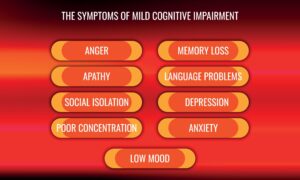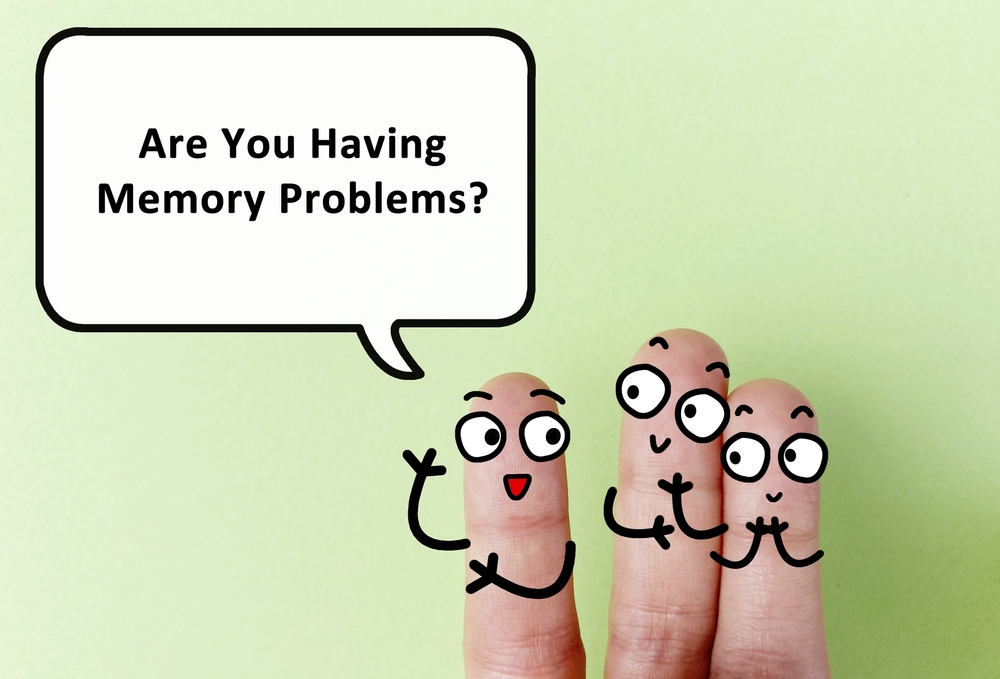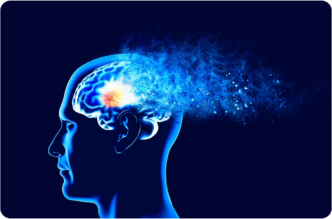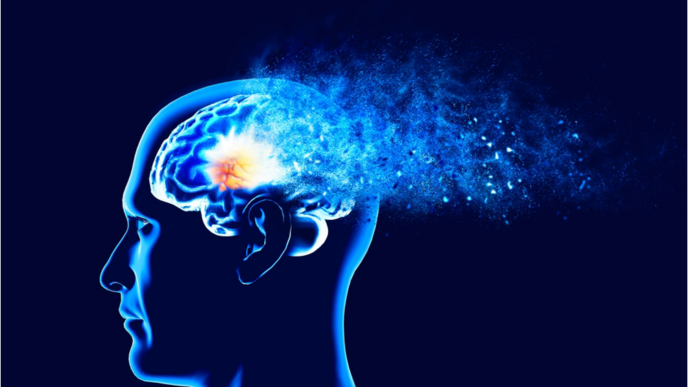WORDS PROFESSOR DR TAN MAW PIN
 FEATURED EXPERT FEATURED EXPERTPROFESSOR DR TAN MAW PIN Geriatric Medicine Consultant Founder and Managing Director of ACT4Health Sdn Bhd |
WHAT IS MILD COGNITIVE IMPAIRMENT (MCI)?
Mild cognitive impairment, or MCI, occurs when people notice memory problems that are confirmed by tests, yet they can still manage their daily activities independently.
CAUSES OF MILD COGNITIVE IMPAIRMENT
The most common cause of MCI is Alzheimer’s disease, which also leads to dementia. However, many other factors can contribute to MCI, including:
- Strokes or cerebrovascular disease
- Lewy body disease (also linked to Parkinson’s disease)
- Certain infections
- Head injuries
- Vitamin B12 deficiency
- Side effects of certain medications
- Imbalances in body chemistry
While some causes of MCI are reversible, others can worsen over time. It’s essential to address these issues early to improve or maintain cognitive function.

HOW MILD COGNITIVE IMPAIRMENT DEVELOPS
MCI occurs when the brain doesn’t work as well as it should due to the various underlying conditions shared earlier.
- In some cases, like Alzheimer’s or Lewy body disease, abnormal proteins build up in the brain.
- For those with cerebrovascular disease, stroke damage can often be seen on an MRI.
- In cases related to infections or vitamin deficiencies, there may not be visible changes in the brain, but chemical imbalances are present.
MILD COGNITIVE IMPAIRMENT IN MALAYSIA
- In Malaysia, studies show that 1 in 4 people over the age of 60 have mild cognitive impairment.
- While many improve, 10% to 25% of those with MCI will eventually develop dementia.
- Older individuals are more likely to have MCI, but it can also affect younger people.
HOW IS MILD COGNITIVE IMPAIRMENT DETECTED?
Detecting MCI can be tricky. Common tests include the Montreal Cognitive Assessment (MoCA), although it has limitations for Malaysians due to cultural and language differences.
A more regionally adapted test, the Visual Cognitive Assessment Test (VCAT), is now being used. VCAT was tested in Malaysia through collaborations with Dr Nagaendran Kandiah and his team when he was working at the National Neurological Institute in Singapore.
These tests are designed to detect mild memory problems and often take longer than traditional dementia screenings. Newer digital tests are also being developed to make detection faster and more accessible.
CAN ONE PREVENT MCI FROM GETTING WORSE?
The good news is that people with MCI can improve their chances of preventing memory decline by making lifestyle changes. Here are some proven methods:
Mental Exercises
- Engaging the brain through memory exercises, puzzles, and learning new skills can help.
- Activities like crossword puzzles and recall games are excellent for keeping the mind sharp.
Physical Exercise
- Regular exercise, which should include strength training, should be done for at least 30 minutes, 5 days a week.
- Physical activity is crucial for maintaining brain health.
Diet
- Certain diets, like the Mediterranean or Okinawan diets, have been linked to lower risks of cognitive decline.
- Consuming oily fish (salmon, mackerel, tuna) at least once a week, along with whole grains, fresh fruits, vegetables, and reducing red meat and fats, is highly recommended.
Social Participation
- Staying socially active, whether through family, friends, or volunteering, is essential for cognitive health.
- Volunteering is particularly effective as it provides a sense of purpose and responsibility as well as a morale boost when things are difficult.
Learning New Skills
- Continuing education, whether learning a new language, picking up a musical instrument, or even pursuing higher education, helps maintain brain function.
- Many older adults now take postgraduate degrees after retirement to keep their minds active.
- The University of Third Age, Malaysia (link opens in a new tab) is a good place to get started. This is a programme by the Institute of Gerontology, Universiti Putra Malaysia with the support of our government and the United Nations Population Fund (UNFPA).
IN CONCLUSION
Mild cognitive impairment (MCI) doesn’t have to be a step toward dementia.
By recognizing the signs early, addressing underlying causes, and making lifestyle changes, we can protect our memory and brain health. So, stay proactive by staying active—mentally, physically, and socially!
| This article is part of a series that shines the spotlight on healthy ageing. |














